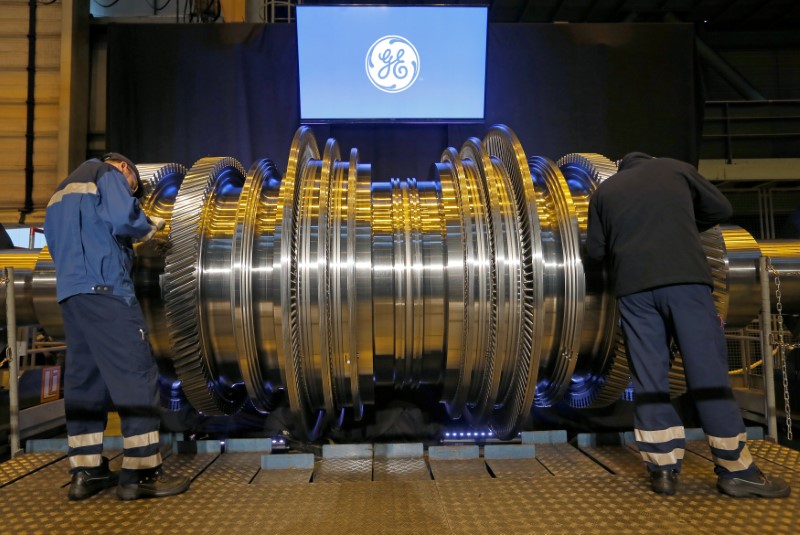By Geoffrey Smith
Investing.com -- U.S. producer price inflation fell to its lowest in over a year in October, bolstering hopes that pipeline inflation pressures have peaked thanks to the improvement in global supply chains over recent months.
Prices rose by a modest 0.2% on the month and were up 8.0% from a year earlier, comfortably below the 8.3% that was the consensus forecast.
The Bureau of Labor Statistics also revised down its estimate of producer prices in September to show a rise of only 0.2%, rather than the 0.4% initially reported.
Core PPI, which strips out volatile food and energy components, was even more placid. Prices stagnated on the month, bringing the annual rate down to 6.7%, its lowest since August last year.
By contrast, prices received by food and energy producers rose 0.5% and 2.7%, respectively.
The figures are consistent with growing signs that inflation pressure in the U.S. economy are easing. As such, they support the idea voiced by Federal Reserve vice-chair Lael Brainard on Monday that the central bank will "soon" be able to slow the pace of its interest rate increases, after raising the fed funds rate by 75 basis points at each of its last four meetings.
U.S. stock futures leaped by over 1% on the news, while the dollar and bond yields retreated by as much as 10 basis points, as markets priced in a more dovish approach from the Fed.
Massive disruptions to seaborne trade had caused worldwide shortages of components and other intermediate goods earlier in the year, leading automakers and others to restrict output and squeeze prices higher. Those bottlenecks have, by and large, unwound in recent months, however.
The figures showed a conspicuous drop in profit margins across the economy as overall activity slowed. Margins received for final demand services, in particular, fell 0.5%, leading to the first monthly drop in prices for those services in two years. That was due in part to lower fuel costs, as well as lower prices for transportation and warehousing services.
The expansion of profit margins has been a cardinal factor in this year's inflation shock, and has only recently showed signs of reversing. Even in recent weeks, the pressure on margins has been more evident in corporate activity, where various companies - notably at Facebook owner Meta Platforms (NASDAQ:META), Snap (NYSE:SNAP) and, reportedly, Amazon (NASDAQ:AMZN) - have announced or prepared radical job cuts to defend or restore their profitability.
